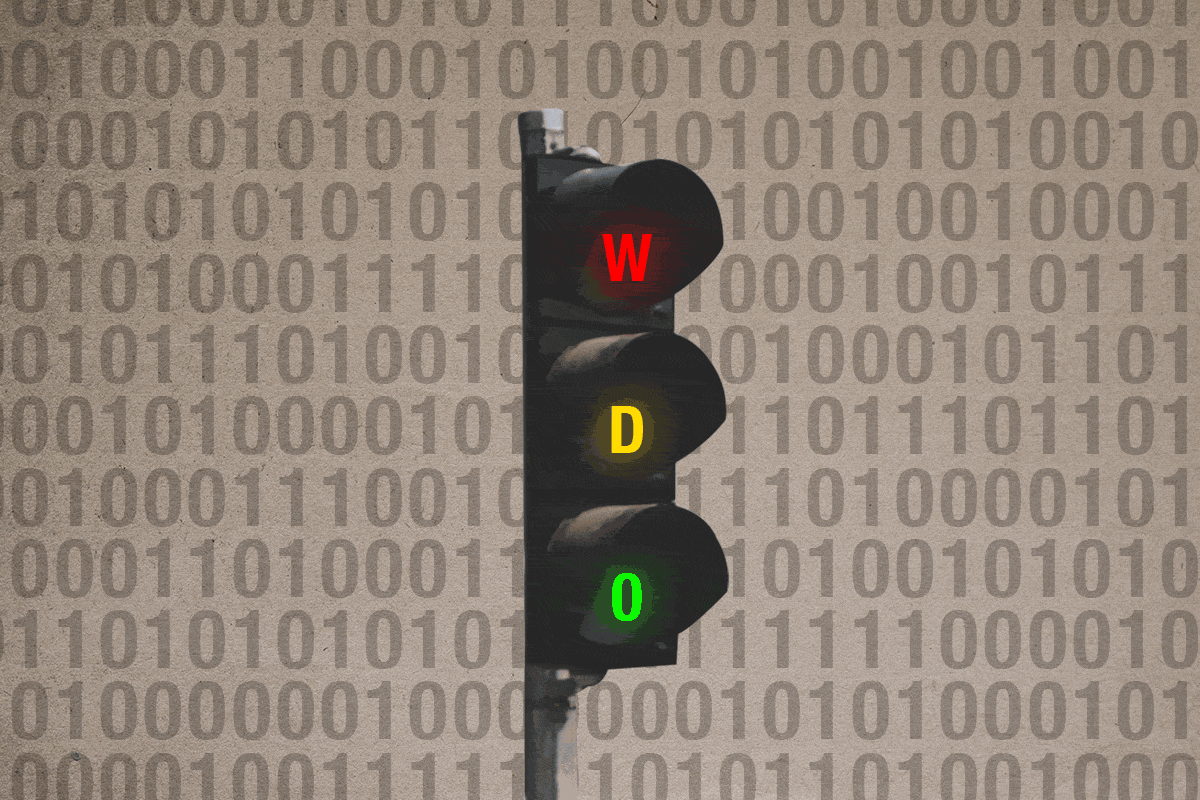Data is reshaping the 21st century world order. China knows this; for years, China has put the development of advanced communications technology and control of data at the center of its plan to maintain social order as it opens its economy and expands its international influence. Where Western powers like the US were content to largely let technology companies police themselves, the Chinese government has promoted and enlisted its tech champions in its plans for national development. Until recently, these different approaches to data, technology, and the internet—one driven by the US private sector, the other by China's public sector—coexisted in a global marketplace.
But one consequence of the trade war between the US and China is Beijing realizing how vulnerable it remains to the constraints of the current system and its ongoing reliance on the US in key technology sectors. China no longer assumes its technology companies will have access to cutting-edge Western hardware, software, and intellectual property. Instead, China has decided it needs to become more self-sufficient, and it's bringing enormous resources to bear to do so.
China's decision to go it alone on tech is the single most impactful geopolitical decision made in decades; it also represents the greatest danger to globalization in the post-War era.
The "splinternet"—the threat of a permanent rift in the flow of information and technology between China and the West—looms larger each day. China has a strategy here; the West doesn't. Nearly 20 years into this new century, the world's democracies have yet to agree on a comprehensive, multilateral approach to technology to govern the use and flow of data, or to address attempts to hijack the open flow of information by criminals, terrorists, and autocrats.
To develop an effective strategy, the West needs two things. First, a group of objective, unbiased observers who can see where the digital world's development is headed. This would be the data equivalent of the UN's Intergovernmental Panel on Climate Change (IPCC), which helps the world understand its current vulnerabilities to global warming. To figure out where we're going, we must first understand where we are.
Second, the West needs to establish a multilateral institution composed of like-minded allies whose main responsibility is to set norms and standards to govern the use of data and tech to best ensure that both encourage human ingenuity and enable prosperity—and that neither compromises freedom and human rights. Think of the World Trade Organization, founded to help facilitate trade, establish commercial norms, and adjudicate disputes… but for data.
Today, the world needs a World Data Organization to help coordinate disparate responses to looming digital threats and opportunities. A secretariat would be established to help member states create a universal set of digital norms that can be adopted by the group (with a particular focus on artificial intelligence, privacy, intellectual property, citizens' rights, and data) alongside an enforcement mechanism to help mediate any potential disagreements between parties.
It won't be easy. Although the United States and Europe share a common foundation of democratic values, they have very different views on issues such as data privacy and government surveillance. Europe has been moving to impose new controls and push back on the power of the large US tech firms that dominate social media, online search, e-commerce, and cloud computing—as well as those companies that are at the forefront of the technologies that will drive the economy of the future (think: driverless cars, advanced factory automation, and AI). The US, meanwhile, has been backing away from its traditional global leadership, while sowing doubts about its security commitments to its traditional European allies. Other countries like India may hesitate to join the West, preferring to remain non-aligned.
But imagine if the US, Europe, and other democratic allies such as Japan are able to find a way to bridge their differences and present a common democratic front on data norms and governance. The US remains the epicenter of the West's tech innovation. Europe will bring its expertise in tech regulation to the proceedings, and Japan will bring its tech talents and willingness to roll out innovative new technologies to society at large.
A WDO in this mold would act as a counter to the rising threat of a Chinese digital alternative. But it's also a long-term bid to get China to play ball with the West rather than to try to isolate a country already far too big to isolate. If Western countries can create a workable framework to govern digital matters and disputes (complete with a functioning secretariat and adjudication system), the hope is to entice China to join as the best means of reaching the West's consumer markets.
Again, a WDO is not just about China—it is also about uniting a West that is itself quickly fragmenting over digital issues. In recent years, Europe has shown a willingness to go its own way when it comes to monitoring and protecting their citizens' digital privacy with the rollout of its General Data Protection Regulation (GDPR). Japan remains allied with the US, but not particularly deeply on tech issues.
The world's democracies need to compromise amongst themselves to develop a strong multilateral architecture that reflects their collective rules and values. Then, if others opt out of joining the WDO (like China, but also countries like Russia and Iran), at least the new "Berlin Wall of data" will include the whole developed world—and most of the global economy—on the right side.
The establishment of a WDO with clear rules and regulations is the best way to persuade China and others hostile to the West these days of the value of peaceful digital-age co-existence. It's also an ideal vehicle to unite Western powers in defense of Western values of individual liberty.
